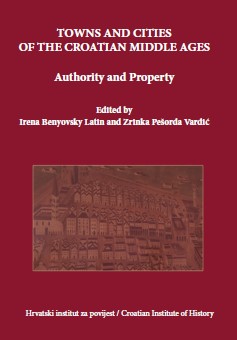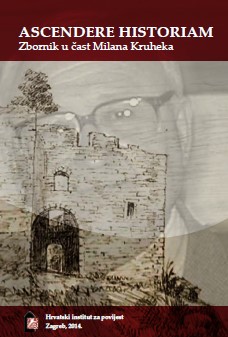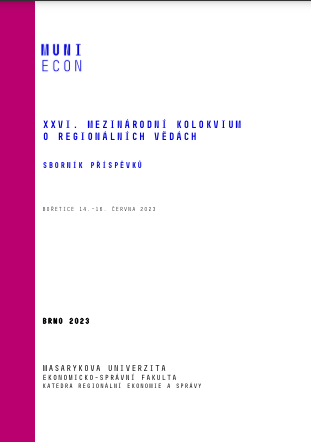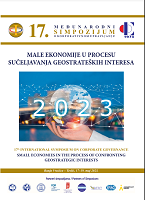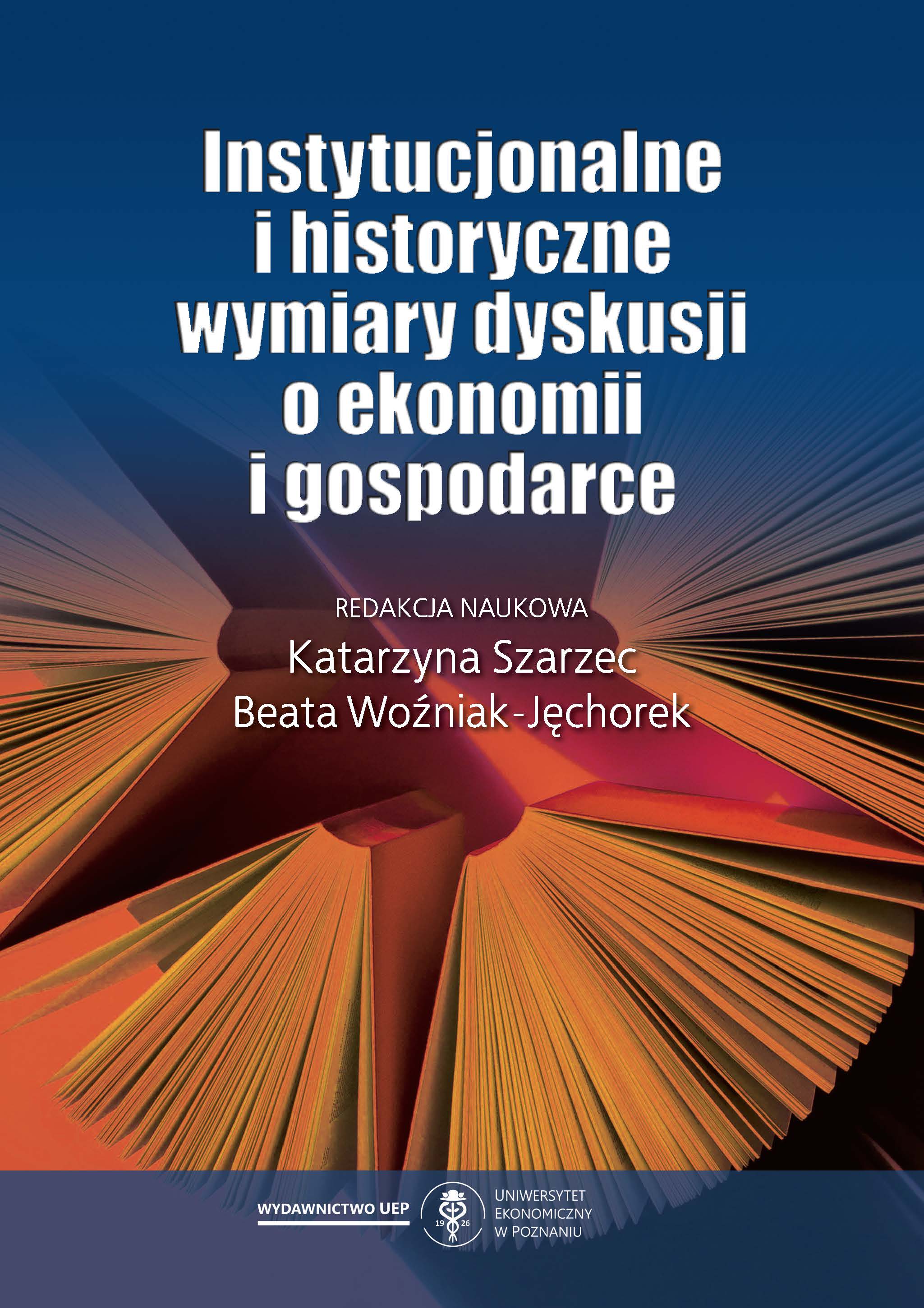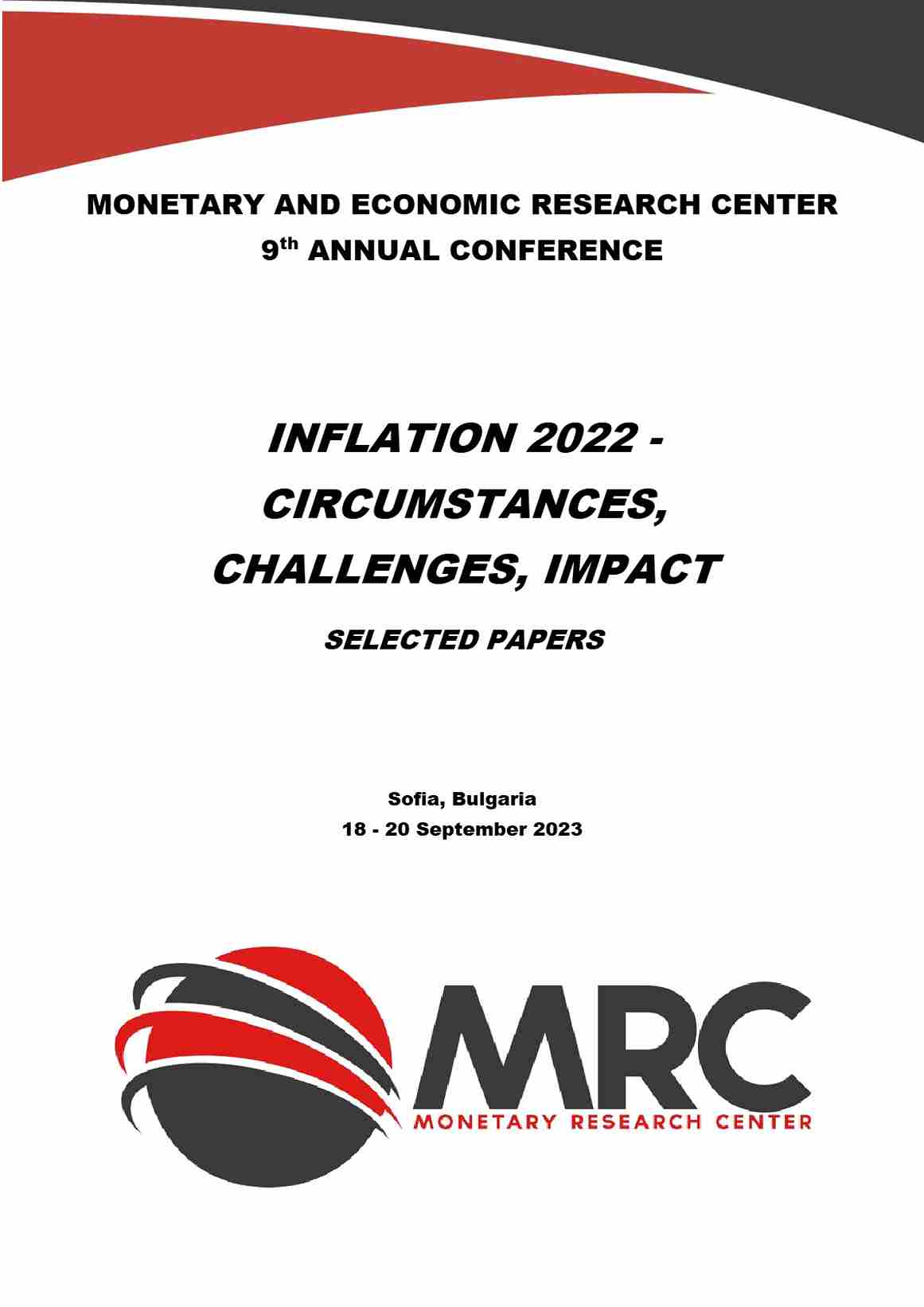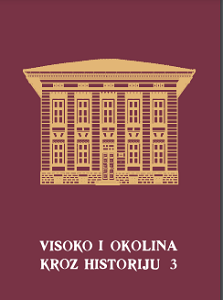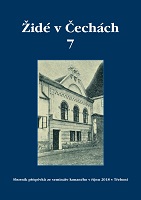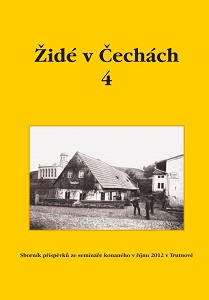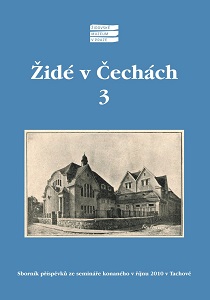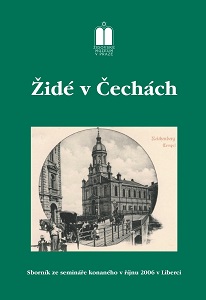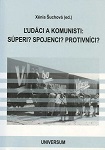
Pozemková reforma v politike dominantných politických strán na Slovensku v období 1.ČSR (s ťažiskom v 20. rokoch)
In the First Czechoslovak Republic, Slovakia remained its backward agrarian part because of its less developed economic structure. The Slovak agriculture suffered from unequal distribution of land, which caused the “hunger for land” among the poorest farmers – a majority of the Slovak population. The land reform, expected to solve this problem, was carried out according to laws issued by the Parliament, usually in agreement with the Agrarian Party’s policy. The study briefly outlines the development and results of the reform. It also shows the relations and political attitudes of Hlinka's Slovak People's Party and the Communist Party of Czechoslovakia to the land reform and its accomplishment in Slovakia. The focus is on the 1920s.
More...



